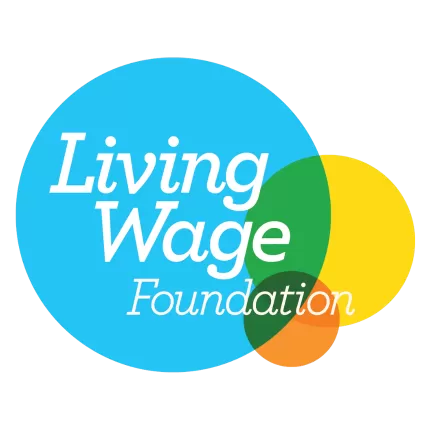Read our response, evidence and recommendations to the Low Pay Commission consultation on low pay and National Minimum Wage rates in the attached document.
As inflation rises to the highest it has been in over 40 years, the importance of wages based on the cost of living has never been greater. The real Living Wage (RLW), as set by the Living Wage Foundation, remains the only UK wage rate calculated based on the cost of living. In response to the current cost of living crisis, the Living Wage Foundation brought the annual announcement of its 2022-23 Living Wage rates forward to late September, with its highest ever percentage increase reflecting the steep rise in the cost of living.
Over 12,500 employers voluntarily pay the RLW, committing to always paying their staff – including contracted workers – in line with the cost of living. Over 425,000 workers have been uplifted onto the real Living Wage, with 1 in 9 employees across the UK now working for an accredited Living Wage Employer. Since the campaign began, over £2 billion has gone back into the pockets of low-paid workers. Research shows that the RLW is not just good for workers, but a higher minimum wage leads to business, economic, and societal benefits.
The Living Wage Foundation has set out its responses to consultation questions in the attached document and our key recommendations are:
-
The Living Wage Foundation supports a strong minimum wage and would encourage the Low Pay Commission to continue to raise the National Minimum Wage to equal to two-thirds of median earnings by 2024.
-
The Living Wage Foundation supports the removal of the Apprentice Rate and would encourage the Low Pay Commission to instead mandate that apprentices are paid at least the National Minimum Wage/Living Wage relevant to their age, regardless of their year of study.

